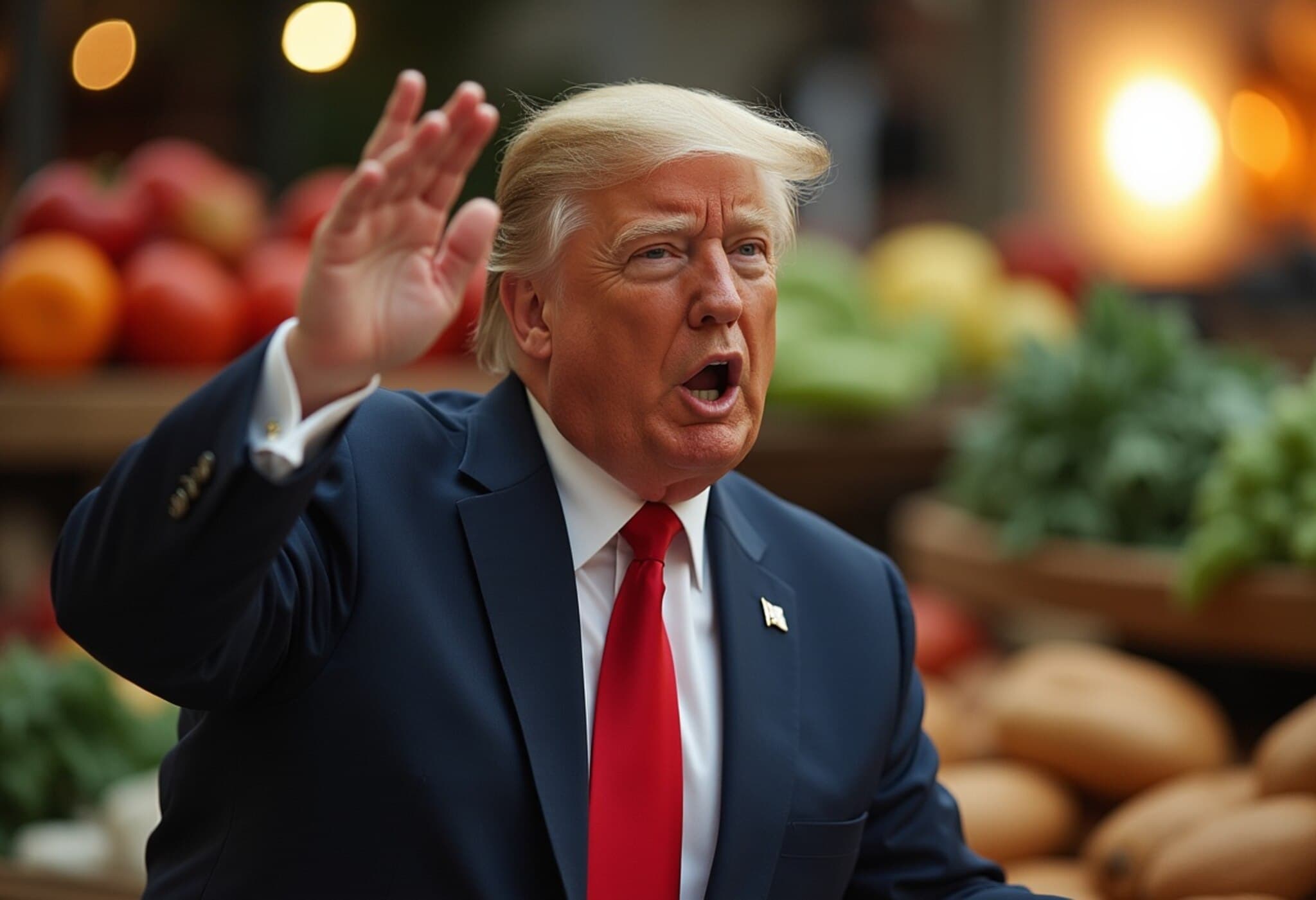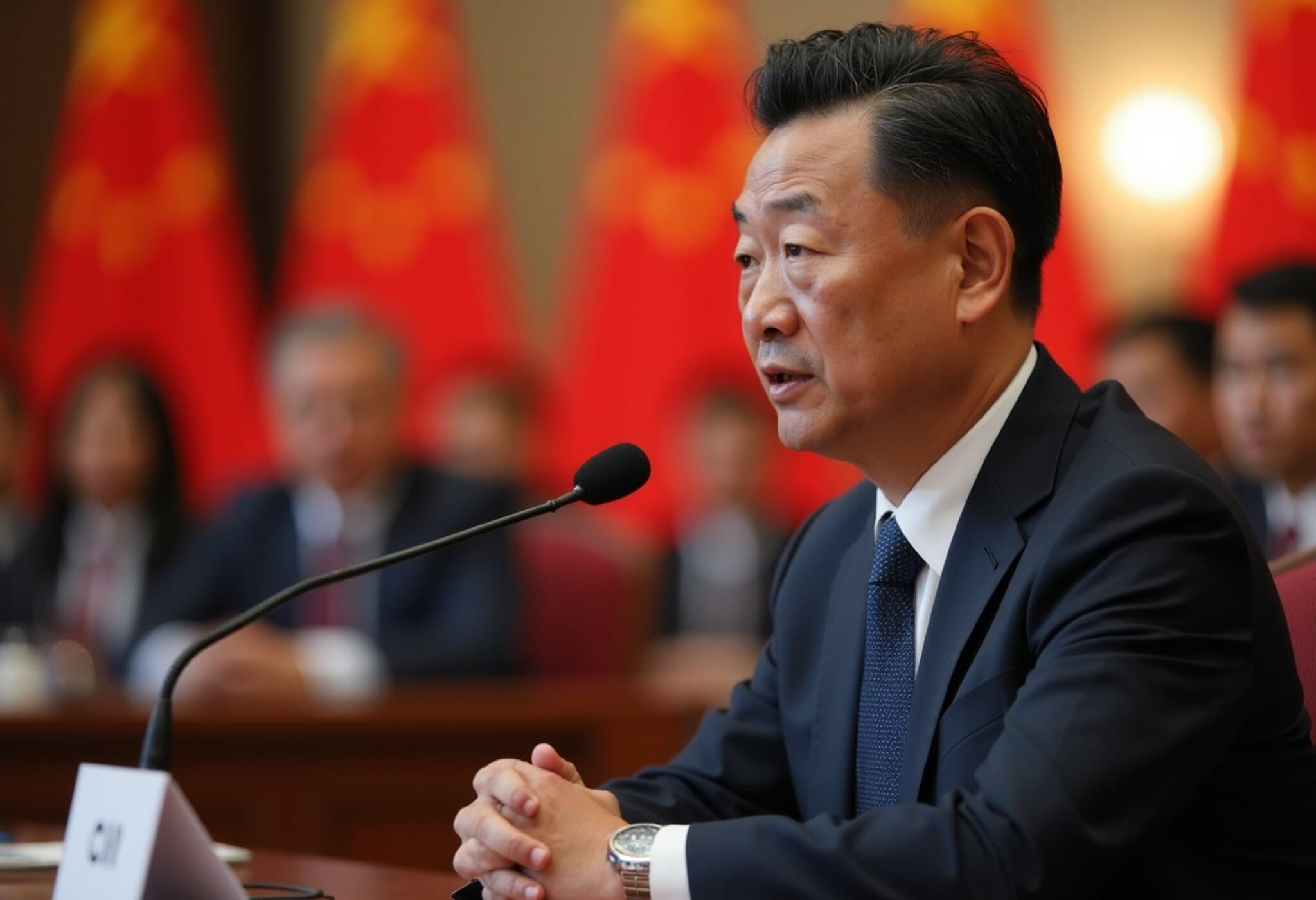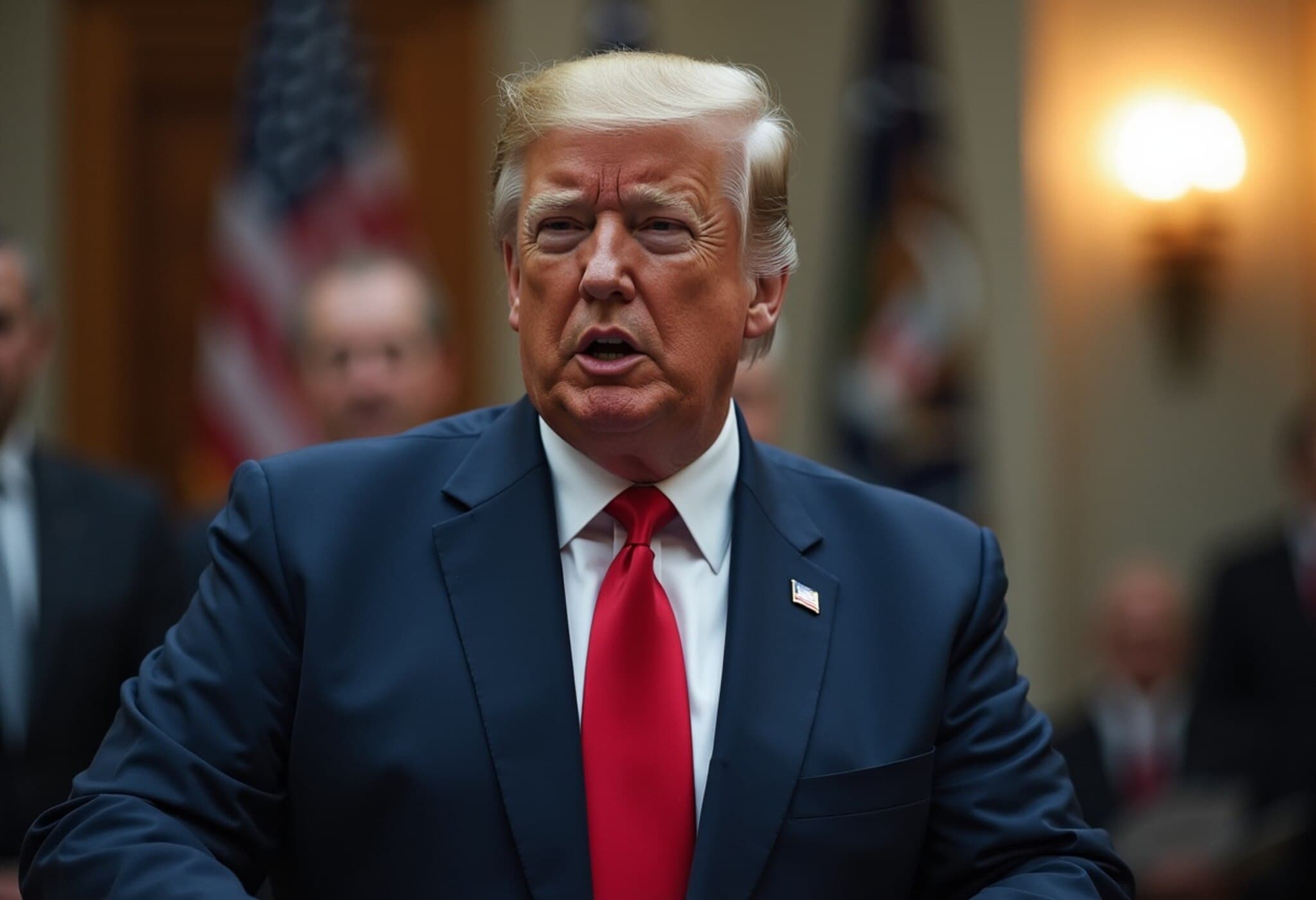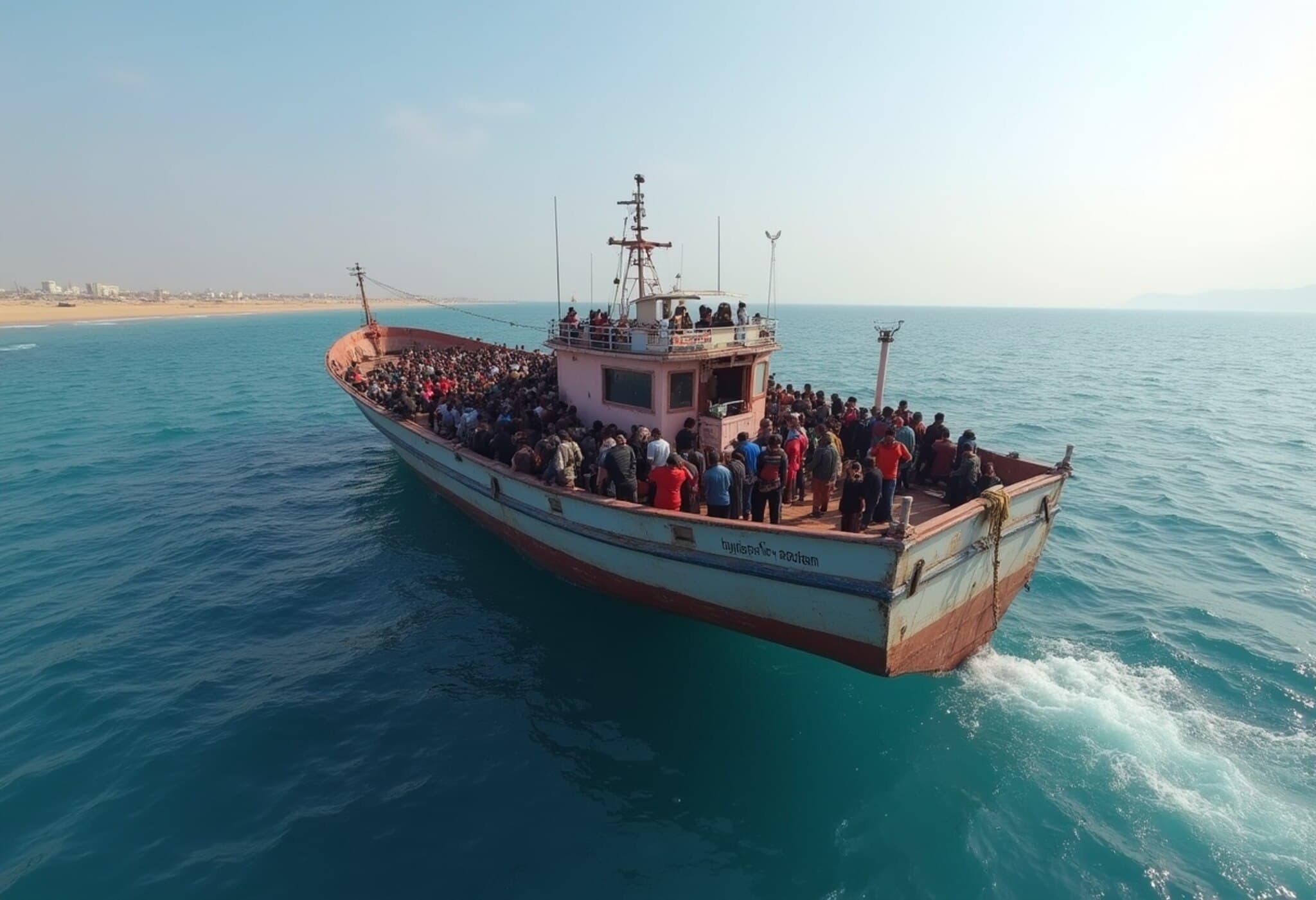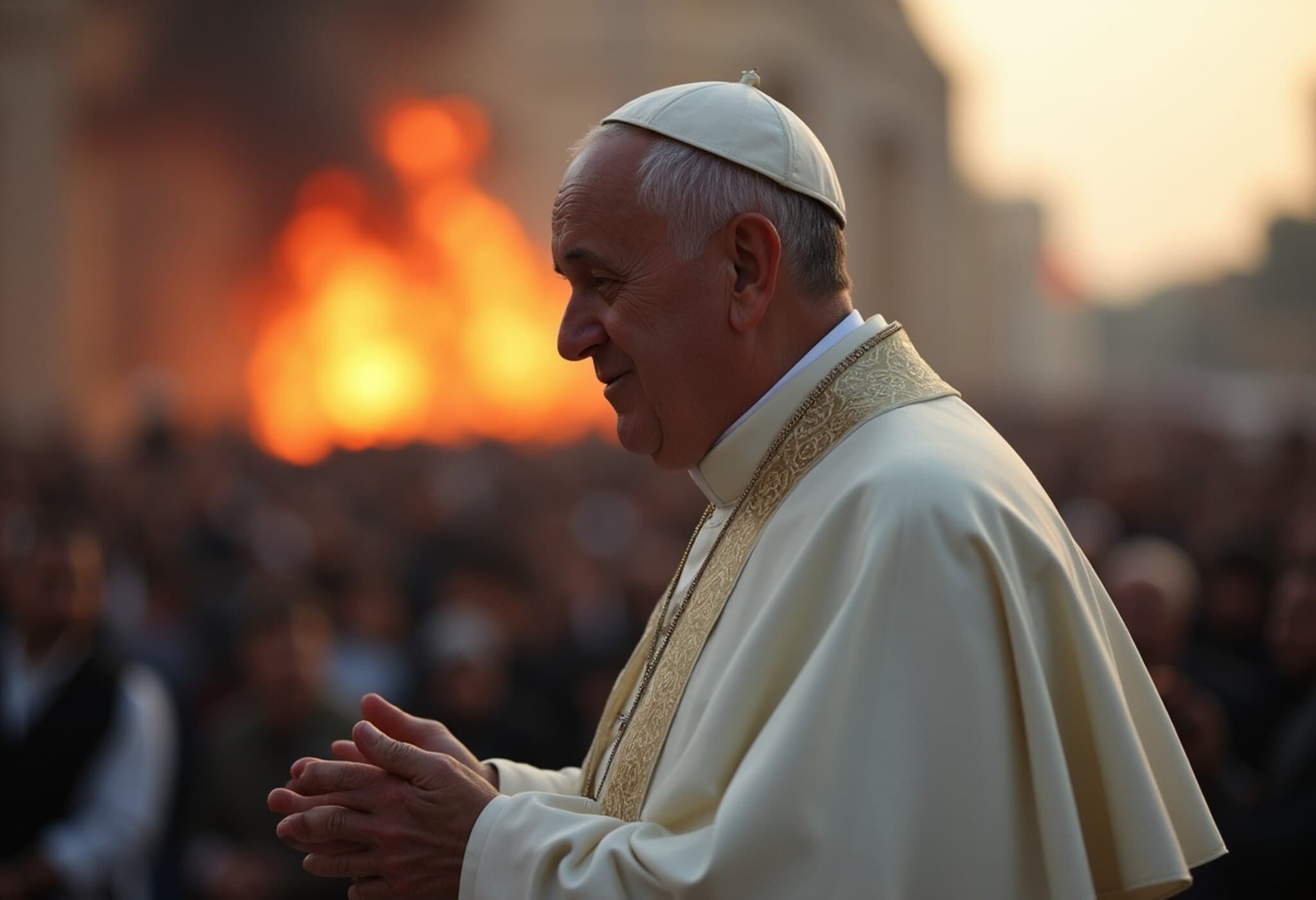India Steps Up Diplomatic Efforts in Nimisha Priya's Death Penalty Case
In a case that has stirred deep emotions and raised complex legal questions, the Government of India has confirmed it is actively engaging with Yemeni authorities and allied nations to seek a resolution for Nimisha Priya, a 38-year-old nurse from Kerala who is currently on death row in Yemen.
Priya’s execution was initially scheduled for July 16, 2025, but was postponed amid heightened diplomatic activity. This development comes after her conviction in the 2017 murder of her Yemeni business partner.
Government of India’s Response and Assistance
Addressing media inquiries, MEA spokesperson Randhir Jaiswal described the situation as a "sensitive matter" and reaffirmed that India is extending comprehensive support. "We have provided legal assistance, appointed a lawyer to support the family, arranged regular consular visits, and maintained persistent communication with both Yemeni authorities and Nimisha's relatives," he explained.
In recent weeks, the Indian government has intensified efforts to secure additional time for negotiations, aiming to facilitate an amicable solution between the families involved. Furthermore, India is collaborating with friendly foreign governments to amplify diplomatic pressure and protect its citizen's rights under Yemeni law.
Background of the Case
Nimisha Priya, originally from Kollengode in Kerala's Palakkad district, moved to Yemen in 2008 after completing her nursing qualifications. After a brief return to India in 2011 for her marriage to Tomy Thomas, she returned to Yemen with ambitions to launch a medical clinic.
Due to Yemeni regulations restricting foreign nationals from establishing clinics independently, Priya and her husband sought a local partner. They connected with Talal Abdo Mahdi, a frequent visitor to the clinic where she worked, to fulfill this role.
Allegations and Legal Proceedings
According to statements from Priya’s family, disputes arose when Mahdi allegedly withheld clinic revenue and forged documents claiming Nimisha as his wife without her consent—at a time when her actual husband remained in Kerala. They further allege that Mahdi subjected Priya to verbal and physical abuse, restricting her freedom by confiscating her passport and travel documents.
In a desperate attempt to regain control over her situation, it is reported that Nimisha and another nurse, Hannan, tried to sedate Mahdi to retrieve her documents. Unfortunately, the sedative dose proved lethal. Panic ensued, and the two women allegedly dismembered Mahdi’s body and disposed of it in a water tank. Both were arrested and faced trial.
The trial court sentenced Priya to death in 2018, a verdict upheld by Yemen’s Supreme Court. In 2023, Yemen's President Rashad al-Alimi formally approved the execution order, which had been under review by prosecutors since January 2024.
Broader Implications for Indian Nationals in Conflict Zones
This case underscores the vulnerabilities faced by Indian expatriates working in regions with volatile legal systems and differing cultural norms. Yemen, enduring prolonged conflict and socio-political instability, offers a challenging environment where judicial processes can be arduous and outcomes severe.
India’s diplomatic engagement illustrates the government’s growing commitment to protecting citizens abroad, including providing legal aid, consular support, and international advocacy. Yet the case also raises urgent questions about the risks Indian professionals face overseas and the adequacy of pre-departure advisories and support mechanisms.
Expert Commentary
Legal experts note that cases involving dual-cultural legal conflicts require nuanced handling, balancing respect for the host country's sovereignty with safeguarding human rights and due process. This situation highlights the importance of bilateral dialogues and international human rights frameworks in preventing miscarriages of justice.
Human rights advocates urge for compassionate parole or commutation options, emphasizing Nimisha's personal background and the extenuating circumstances surrounding the case.
What Lies Ahead?
As India continues to navigate this delicate situation, several factors will be crucial:
- The outcome of ongoing diplomatic talks to find an alternative resolution to the death penalty.
- The legal avenues available under Yemeni law for appeal or sentence mitigation.
- The broader protection protocols for Indian nationals abroad, especially in conflict-affected countries.
For Nimisha Priya’s family and supporters, time is of the essence as the situation remains fluid, underscoring the human cost behind headline news.
Editor’s Note
The case of Nimisha Priya throws a spotlight on the intricate intersection of international law, human rights, and diplomatic relations. While the death penalty remains a contentious issue globally, the emotional toll on families and the intricacies of foreign legal systems demand empathetic, informed responses.
As this story develops, readers should consider the challenges that migrant workers face and the critical need for governments to enhance protections and crisis intervention protocols. Nimisha’s predicament is a stark reminder of the fragility of human rights protections outside one’s homeland and the profound role diplomacy plays in safeguarding citizens abroad.






